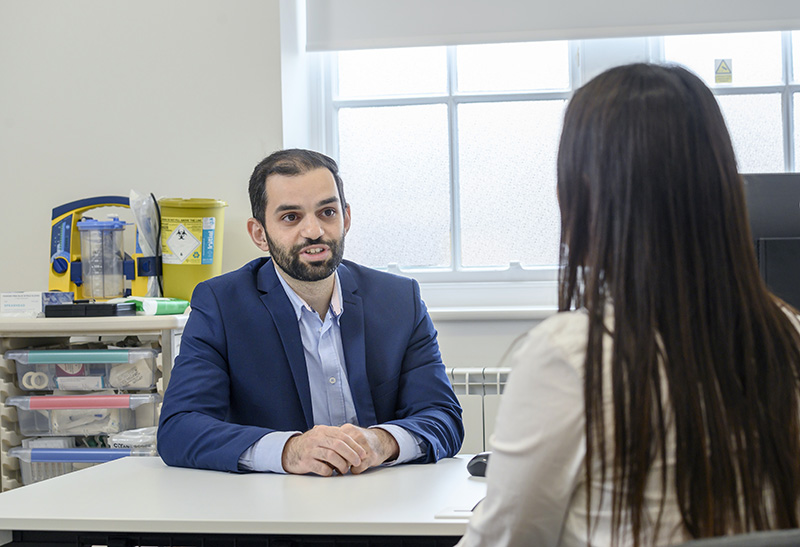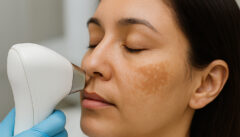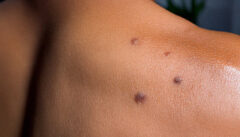Contents
Heart Attack

A heart attack (myocardial infarction) is a medical emergency that occurs when the blood flow to the heart is blocked, usually due to a blood clot or buildup of plaque in the coronary arteries.
What is a Heart Attack?
A heart attack happens when the heart’s blood supply is partially or completely blocked, leading to damage in the heart muscle. Immediate medical attention is crucial to prevent severe complications or death.
Signs & Symptoms of a Heart Attack
Heart attack symptoms can vary but they commonly include:
- Chest Pain or Discomfort – Pressure, tightness, or burning sensation in the chest
- Pain Spreading to Other Areas – Arm, neck, jaw, back, or stomach pain
- Shortness of Breath – Difficulty breathing, even when resting
- Cold Sweats – Sudden sweating unrelated to physical exertion
- Dizziness or Lightheadedness – Feeling faint or weak
- Nausea or Vomiting – Particularly in women experiencing a heart attack
- Extreme Fatigue – Unusual tiredness or exhaustion before the attack
If you or someone else experiences these symptoms, call emergency services immediately.
Potential Causes & Risk Factors
A heart attack is often caused by coronary artery disease (CAD), where fatty deposits (plaque) build up in the arteries. Those risk factors leading to a heart attack include:
- High Blood Pressure – Puts extra strain on the heart
- High Cholesterol – Leads to artery blockages
- Smoking – Damages arteries and reduces oxygen supply
- Diabetes – Increases risk of heart disease
- Obesity – Strains the heart and contributes to high blood pressure
- Sedentary Lifestyle – Lack of exercise weakens heart health
- Excessive Alcohol Consumption – Can increase blood pressure and cholesterol
- Stress – Chronic stress may raise blood pressure and contribute to heart disease
Diagnosis
- ECG (Electrocardiogram) – Measures heart electrical activity
- Blood Tests – Detects heart damage markers
- Echocardiogram – Assesses heart function and damage
- Angiography – Identifies blocked arteries using imaging
Emergency Treatments May Include
- Medications – Blood thinners, clot busters, or pain relievers
- Angioplasty & Stenting – Opens blocked arteries using a balloon and stent
- Coronary Artery Bypass Grafting (CABG) – Surgery to restore blood flow
Treatment Options
- Surgical Excision – The most effective treatment for removing cancerous skin growths.
- Mohs Surgery – A precise method for removing cancerous cells layer by layer while preserving healthy skin.
- Cryotherapy (Freezing the Cancer Cells) – Used for small, early-stage skin cancers.
- Radiotherapy & Chemotherapy – Used for advanced or inoperable cases.
- Immunotherapy & Targeted Therapy – New treatments designed for aggressive or metastatic skin cancer.
The best treatment approach depends on the type, size, and stage of the skin cancer.
Monitoring and Follow-Up Care
- Cardiac Rehabilitation – Structured exercise and education programs
- Lifestyle Changes – Diet, exercise, and smoking cessation plans
- Medication Management – To reduce blood pressure, cholesterol, and clot risk
- Regular Monitoring – Ongoing check-ups to prevent future heart attacks
At Royal Buckinghamshire Hospital, we offer comprehensive heart health services to help patients recover and lower the risk of future heart problems.
Arranging To Visit A Private GP

At Royal Buckinghamshire Hospital, we provide fast diagnosis, expert treatment, and ongoing care to support recovery and reduce future risk. Make an appointment with one of our private GPs who can refer you to our specialist cardiologist. Appointments are available to everyone and can often be booked for the same day. There is no need to be registered with our The Royal Buckinghamshire Hospital, or live locally.
If you have insurance which covers a GP visit, we can in most cases invoice the insurer directly. Where you are paying directly, the cost for a 30 minute consultation is £100.
Any additional costs will always be discussed. They could apply if you are referred for an MRI scan, or to a consultant, or for other agreed decisions to support your health.
Our Resident Private GP
Dr Chamali is welcoming and highly experienced. He offers his patients sound diagnosis and treatment, along with individual care focused on their future health.
25 March 2025




